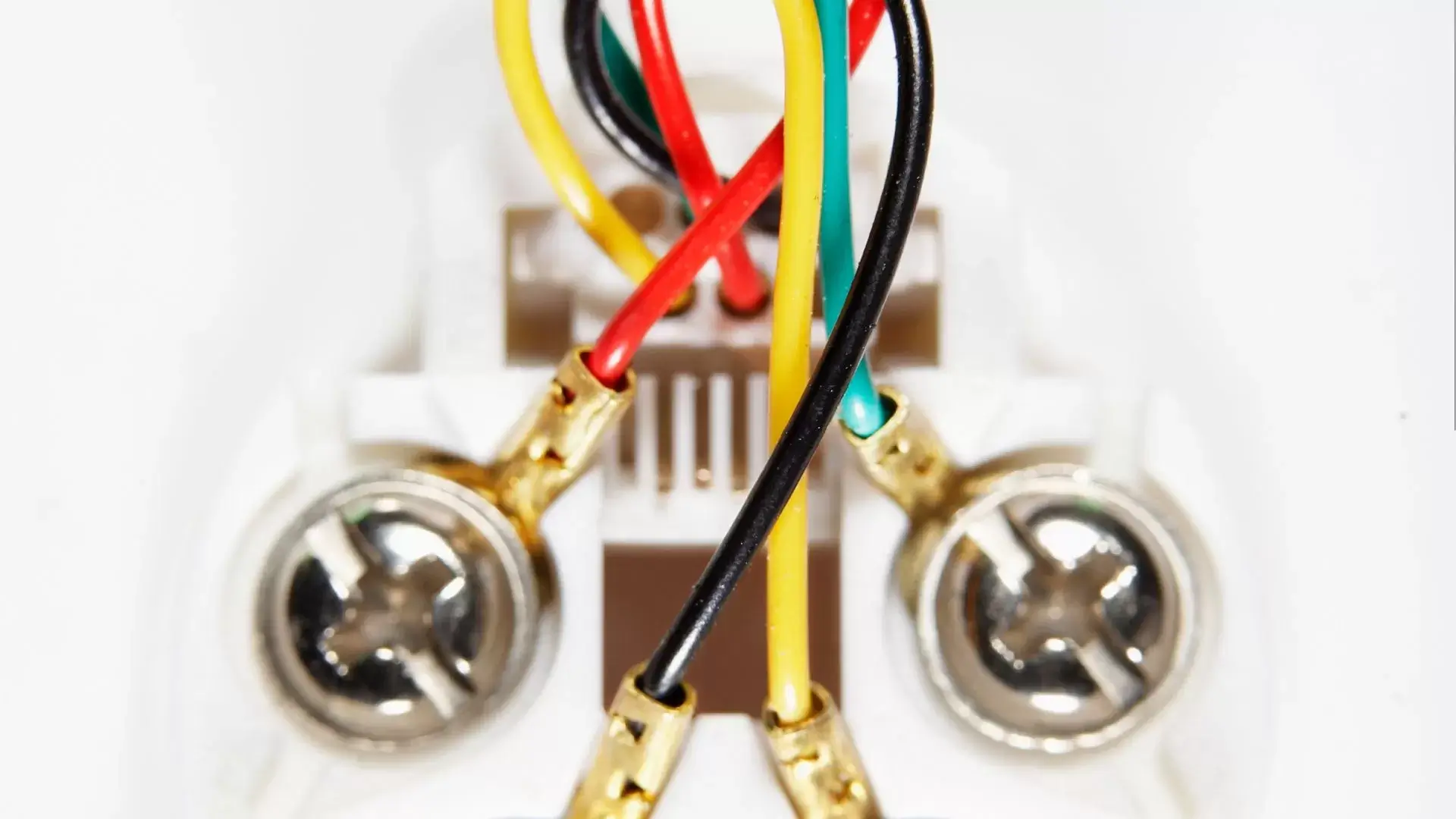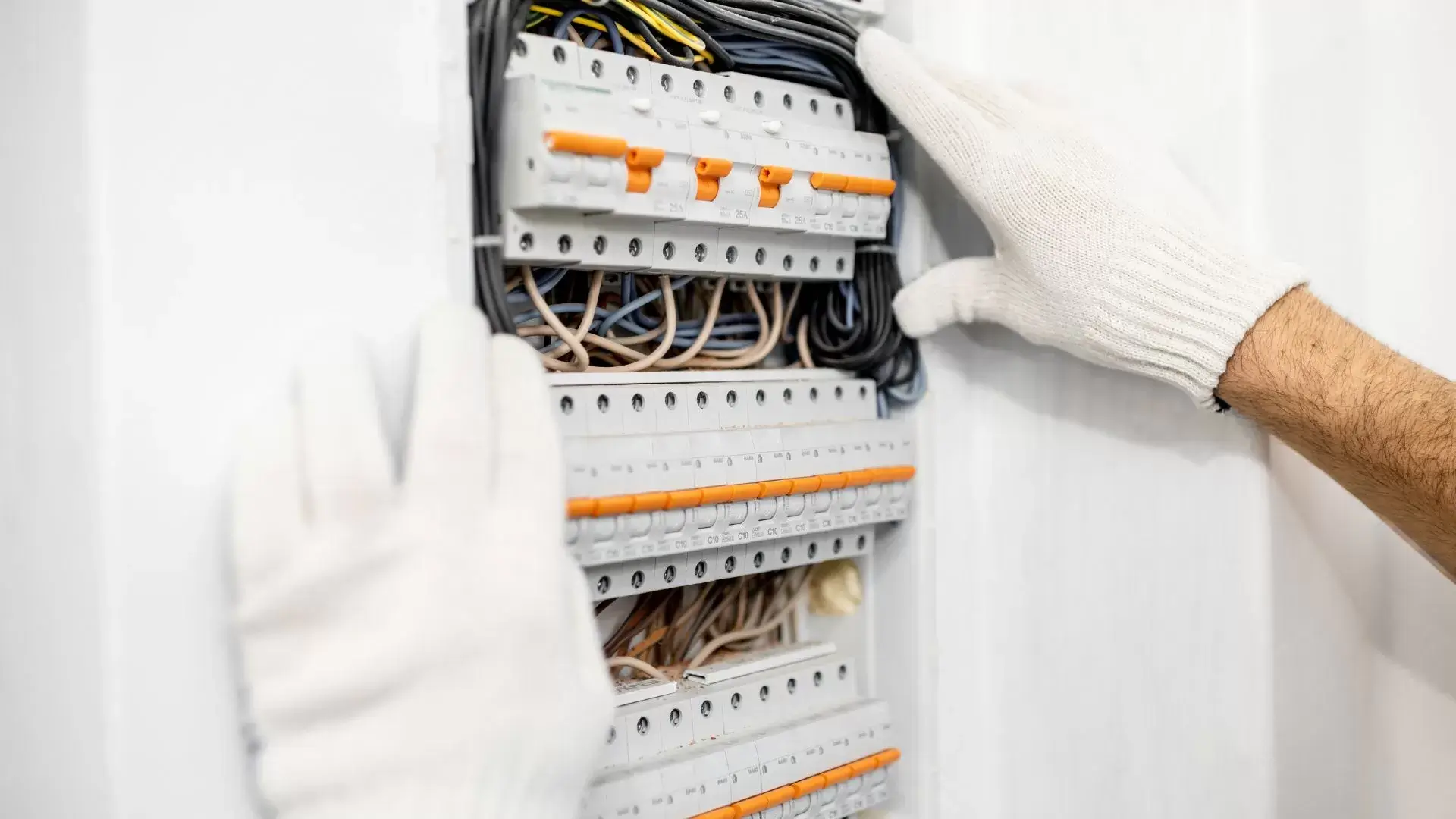Understanding Local Electrical Codes in Toronto and Mississauga
When it comes to electrical work in Toronto and Mississauga, understanding and adhering to the local electrical codes and regulations is of paramount importance. Electricians operating in these cities must be well-versed in the specific guidelines set forth by the authorities to ensure the safety of all residents. In this comprehensive guide, we will explore the essential aspects of these electrical codes, how they impact various facets of electrical work, and why they are crucial for both new construction and renovation projects in existing homes.
1. iCAN Electricians Mississauga: Your Trusted Source for Compliance
Before delving into the intricacies of local electrical codes, it’s important to acknowledge the significance of hiring reputable electricians like iCAN Electricians Mississauga. When it comes to electrical work, safety and compliance should be the top priorities, and experienced professionals understand the ins and outs of the local regulations, ensuring that all work is completed to code.

A Commitment to Safety and Quality
iCAN Electricians Mississauga places safety and quality at the forefront of their operations. The team is committed to ensuring that every electrical project they undertake adheres rigorously to the local electrical codes and regulations. They recognize that these codes exist to safeguard the well-being of residents and property, and they approach their work with a strong sense of responsibility.
Licensed and Experienced Professionals
One of the hallmarks of iCAN Electricians Mississauga is their team of licensed and experienced electricians. Each member of their team is well-versed in the local electrical codes and has an in-depth understanding of how to implement them in practical terms. This experience is invaluable in navigating the intricacies of electrical work and ensuring full compliance.
2. The Role of Electrical Codes
Electrical codes are a set of standards and guidelines established by local authorities, such as the Electrical Safety Authority (ESA) in Ontario, to regulate electrical installations. These codes exist to safeguard the well-being of residents and property by setting the minimum standards for electrical safety.

3. Renovation Projects and Electrical Codes
When undertaking a renovation project in Toronto or Mississauga, it’s essential to be aware of how local electrical codes apply. Whether you’re renovating a kitchen, bathroom, or any other part of your home, electrical codes dictate the proper installation and placement of outlets, switches, and appliances to ensure safety.
Renovating a home in Mississauga or Toronto is an exciting endeavor, whether you’re updating a kitchen, adding a new room, or giving your entire property a facelift. However, it’s important to understand that renovation projects are not exempt from local electrical codes and regulations. These codes play a critical role in ensuring the safety and functionality of your electrical systems during and after the renovation. Let’s explore this aspect in detail.
Regardless of the scale of your renovation project, compliance with local electrical codes is essential. These codes are designed to ensure that all electrical work, whether in new constructions or renovations, adheres to the highest safety standards. This includes the proper installation of outlets, switches, lighting, and appliances.
Understanding the Renovation Project Scope
Before embarking on a renovation project, it’s crucial to have a clear understanding of the scope of work that falls under electrical code regulations. This may include:
- Outlet and Switch Placement: Local electrical codes dictate the placement and spacing of electrical outlets and switches to ensure accessibility and safety. These regulations are especially important in high-traffic areas like kitchens and living rooms.
- Appliance Wiring: If your renovation involves the installation of new appliances, their wiring and connections must meet code requirements. This ensures that they operate safely and efficiently.
- Lighting: Lighting fixtures, including their wiring and installation, are subject to local codes. This helps prevent potential fire hazards or electrical issues related to lighting.
- Ground Fault Circuit Interrupters (GFCIs): GFCIs are a vital safety feature, especially in areas exposed to moisture, like kitchens and bathrooms. They are designed to immediately cut off power in case of a fault, preventing electrical shock.
- Electrical Panels: The location and accessibility of your electrical panel must adhere to code regulations. This ensures that it can be easily reached in case of an emergency and is not located in hazardous areas.
4. New Construction and Electrical Codes
In new construction projects, local electrical codes play a fundamental role in guiding the installation of electrical systems from scratch. This ensures that the new structure meets the highest safety standards and adheres to the most recent electrical regulations.
New construction projects begin with a clean slate. Unlike renovations, where existing electrical systems may pose challenges, new constructions allow for a fresh start. This provides an opportunity to design and install electrical systems that fully align with local electrical codes from the ground up.
New construction projects must adhere to a wide range of code requirements, including but not limited to:
- Electrical Service Size: Local electrical codes mandate specific criteria for the size of the electrical service for a new construction project. This ensures that the system can handle the anticipated electrical load without overloading.
- Outlet Placement and Spacing: Codes specify the placement and spacing of electrical outlets and switches in different areas of the building. This guarantees accessibility and safety, especially in high-traffic zones like living rooms and kitchens.
- Wiring Methods: New construction projects must follow code regulations for wiring methods, such as the use of conduits, cable types, and the installation of junction boxes.
- Grounding and Bonding: Proper grounding and bonding are essential for electrical safety. Codes detail the requirements for grounding systems and how they should be implemented.
- Safety Devices: Installation of safety devices, such as ground fault circuit interrupters (GFCIs) and arc fault circuit interrupters (AFCIs), is a core component of code compliance in new constructions. These devices protect against electrical shocks and fires.
Inspection and Approval of New Construction Project
Before your new construction project can be deemed safe and ready for occupancy, it must undergo a comprehensive inspection to verify code compliance. iCAN Electricians Mississauga can assist in facilitating this inspection process, helping you attain the necessary approvals swiftly and smoothly.
5. Safety First: The Essence of Electrical Codes
Safety is the cornerstone of electrical codes. The regulations are designed to prevent electrical hazards, reduce the risk of electrical fires, and protect individuals from electrocution. Compliance with these codes significantly reduces the likelihood of accidents and ensures the long-term safety of electrical systems.
6. Guidelines for Electricians
Electricians in Toronto and Mississauga must strictly adhere to local electrical codes in every aspect of their work. These guidelines encompass a wide range of electrical work, from wiring and circuits to the installation of outlets, lighting, and electrical panels. Electricians must stay informed about code updates and changes to ensure they are always in compliance.
- Wiring Methods and Conduits: Electricians must select the appropriate wiring methods, which includes choosing the right type of wiring and deciding whether conduits are necessary. Proper wiring and conduit installation are essential for the integrity and longevity of the electrical system.
- Ground Fault Circuit Interrupters (GFCIs) and Arc Fault Circuit Interrupters (AFCIs): GFCIs and AFCIs are crucial safety devices mandated by local electrical codes. Electricians are responsible for installing these devices in specific areas of a home, such as kitchens, bathrooms, and bedrooms. GFCIs protect against electrical shock, while AFCIs safeguard against electrical fires caused by arc faults.
- Proper Electrical Panel Placement: The location of the electrical panel is subject to strict regulations. Electricians must ensure that the panel is easily accessible and not placed in hazardous or inappropriate areas. Accessibility is key for maintenance and safety in case of emergencies.
- Safety Device Installation: Electricians must expertly install safety devices such as smoke detectors and carbon monoxide detectors as required by local codes. These devices are vital for early detection of fires and hazardous gas leaks, enhancing the safety of residents.
- Keeping Clients Informed: Effective communication is essential for electricians. They should inform their clients about the work being done, explain any code-related requirements, and address any questions or concerns. Transparency and client education foster trust and confidence in the electrician’s services.

7. Inspection and Code Compliance
Before a renovation or construction project can be approved, it must undergo a thorough inspection to verify code compliance. This step is crucial to ensure that the electrical work is executed according to the established standards. iCAN Electricians Mississauga is well-versed in this process and can assist in facilitating the inspection and approval of electrical installations.
8. Common Electrical Code Requirements
Let’s take a closer look at some common electrical code requirements that electricians in Toronto and Mississauga must address in their work:
- Outlet Spacing: Local codes dictate the minimum and maximum spacing between electrical outlets in different areas of a home. For example, there are specific requirements for the spacing of outlets in living rooms, kitchens, bedrooms, and bathrooms.
- Ground Fault Circuit Interrupters (GFCIs): GFCIs are a crucial safety feature required by local electrical codes. They are installed in areas where water and electricity are in close proximity, such as kitchens, bathrooms, and outdoor outlets. GFCIs protect against electric shocks by immediately cutting power in the event of a fault.
- Electrical Panel Location: The placement of the electrical panel is subject to specific regulations. It must be easily accessible and not located in hazardous or inappropriate areas, such as closets, bathrooms, or crawl spaces.
- Load Calculation: Electrical codes mandate that electricians perform load calculations to determine the appropriate size of electrical service required for a home. This ensures that the electrical system can handle the expected demand without overloading.
- Wiring Methods: Codes outline the proper wiring methods, including the type of wires, the use of conduits, and the installation of junction boxes. Compliance with these regulations ensures the integrity of the electrical system.
- Smoke and Carbon Monoxide Detectors: Local electrical codes require the installation of smoke detectors and carbon monoxide detectors in specific locations within a home. These detectors are vital for early detection of fires and hazardous gas leaks.
9. Staying Updated with Code Changes
Electrical codes are not static; they are subject to periodic updates and revisions. It is imperative for electricians, including those at iCAN Electricians Mississauga, to stay informed about any changes to the local electrical codes. These updates often reflect advancements in technology and safety measures, and they may introduce new requirements or modify existing ones.
10. The Consequences of Non-Compliance
Failure to adhere to local electrical codes can have serious consequences. Beyond the safety risks, non-compliance can result in legal and financial penalties. Additionally, it can lead to delays in project approvals and, in some cases, costly rework to bring electrical systems up to code.
11. The Importance of Hiring Professionals
To ensure that your electrical work meets local electrical codes and regulations, it is highly recommended to hire a licensed and experienced electrician. iCAN Electricians Mississauga is a prime example of a trustworthy electrical service provider with a deep understanding of local codes, guaranteeing the highest level of safety and compliance in your electrical projects.
Understanding local electrical codes in Toronto and Mississauga is not just a matter of compliance; it’s a matter of safety and well-being. These codes exist to protect residents and their property, ensuring that electrical systems are designed and installed to the highest safety standards.
Whether you’re embarking on a renovation project in an existing home or constructing a new one, iCAN Electricians Mississauga is your reliable partner in navigating the complexities of local electrical codes. Contact us today.
By prioritizing safety and code compliance, you can enjoy peace of mind and the assurance that your electrical systems are not only functional but also built to last while safeguarding your family and property.


